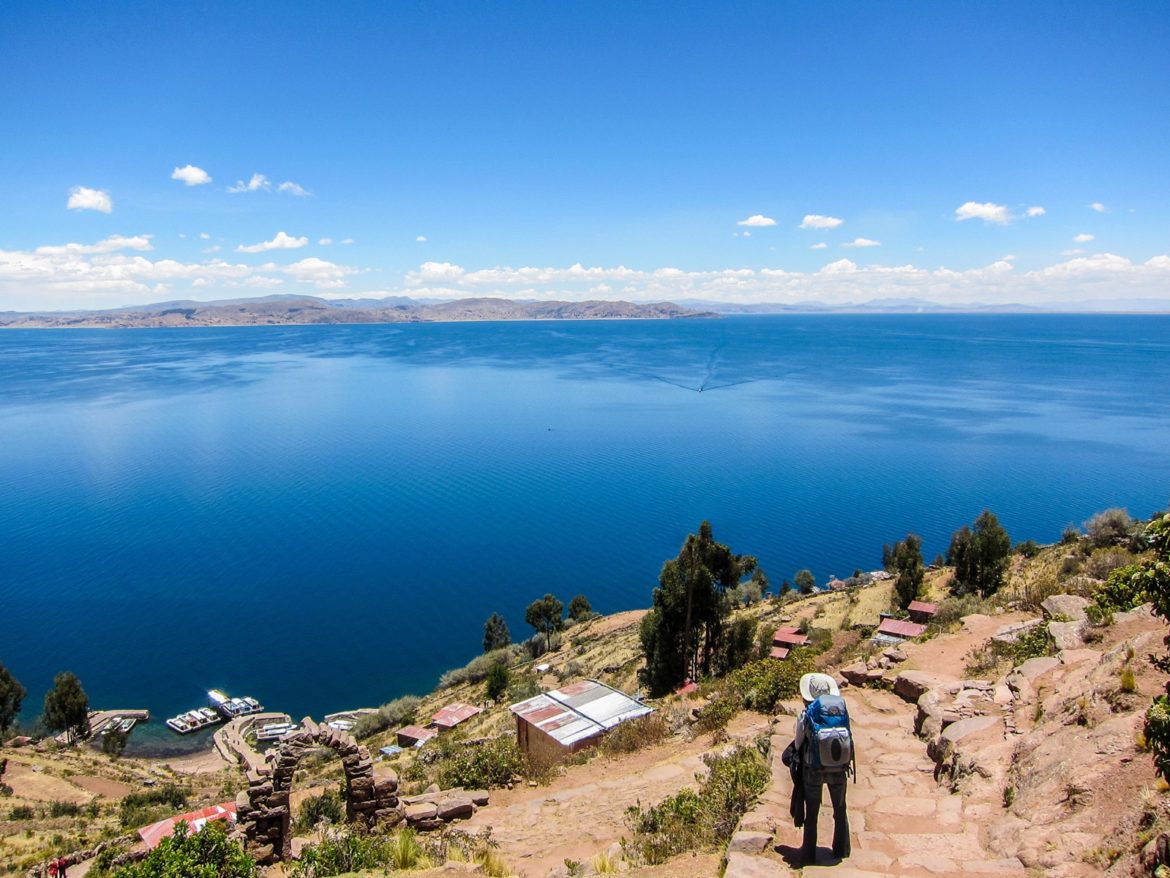It’s been ten years since our wanderlust officially began.
Traveling around the world was a dream that seemed impossible until we discovered the book, Vagabonding: An Uncommon Guide to the Art of Long-Term World Travel by Rolf Potts. His approach to travel is simple: Anyone with an independent spirit and an open mind can achieve their dreams of extended travel.
In 2007, having saved up for a few years, we put our advertising jobs on hold, sold everything we owned and embarked on a backpacking sabbatical through Western and Eastern Europe for seven months. It was the single best decision we’d ever made. Inspired by Potts, we developed a frugal, low-to-the-ground traveling style we fondly refer to as Cheap and Charming. We were also influenced by our travel idols, Anthony Bourdain of No Reservations (R.I.P.) and Rick Steves of Europe Through The Back Door.
Together, their vision of travel focuses on seeking out authentic experiences and living like a local as much as possible.
Having successfully caught the travel bug, we were eager to explore more. A few years later, we did it all over again. In 2010, we left for a year to travel around the world. Or at least some of it. Turns out, it’s a pretty big place. No doubt about it, long term travel brings incredible freedom. But it’s also completely exhausting. What might seem like a permanent vacation is actually an entirely different way of living all together. The illusion of sipping Mai Tais on the beach is quickly replaced by the very real inconveniences of life on the road.
Vagabonding is a lifestyle where the carefree act of wandering is constantly met by ongoing challenges.
Challenges like figuring out public transportation. Learning a different language. Deciphering currency conversions. Adapting to local customs. Striving to eat well and stay healthy. Endless packing and unpacking. And of course, sticking to a budget in order to travel as long as possible. Those are just the logistics. Often overlooked is the emotional toll of being far away from family and friends. Travelers, even when connecting with others, are still outsiders. They know no one and are surrounded by nothing that’s familiar. Aside from wandering, much of daily life is simply devoted to basic survival.
The takeaway: Long term travel, especially on a budget, is hard.
But that’s precisely what makes it so fulfilling. Vagabonding is not for everyone. The challenges we face every day on the road force us to adapt to whatever circumstance we’re in and make the most of the present moment. For us, the concept of being present is the very essence of traveling. American author Joseph Campbell once said,
“People say what we’re all seeking is a meaning for life. I don’t think that’s what we’re really seeking. I think what we’re seeking is an experience of being alive.”
Joseph Campbell
In our wanders, every challenge becomes an opportunity to feel alive.
That simple shift in attitude allows us to learn more about the world and our humble place in it. It makes us grateful for simple things we often take for granted, transforming basic elements of life into true gifts. A good cup of coffee. A home-cooked meal. A hot shower. A clean bed. And the kindness of many strangers. As vagabonds, our sole agenda is to open our hearts and minds to new people, cultures and ways of living. As a result of our efforts, we’re richly rewarded in ways no amount of money could ever buy. Among those rewards: insights learned, perspectives gained and a lifetime of amazing memories.

